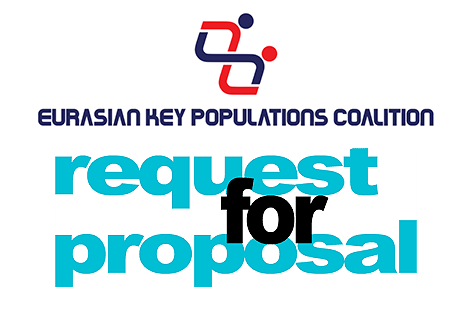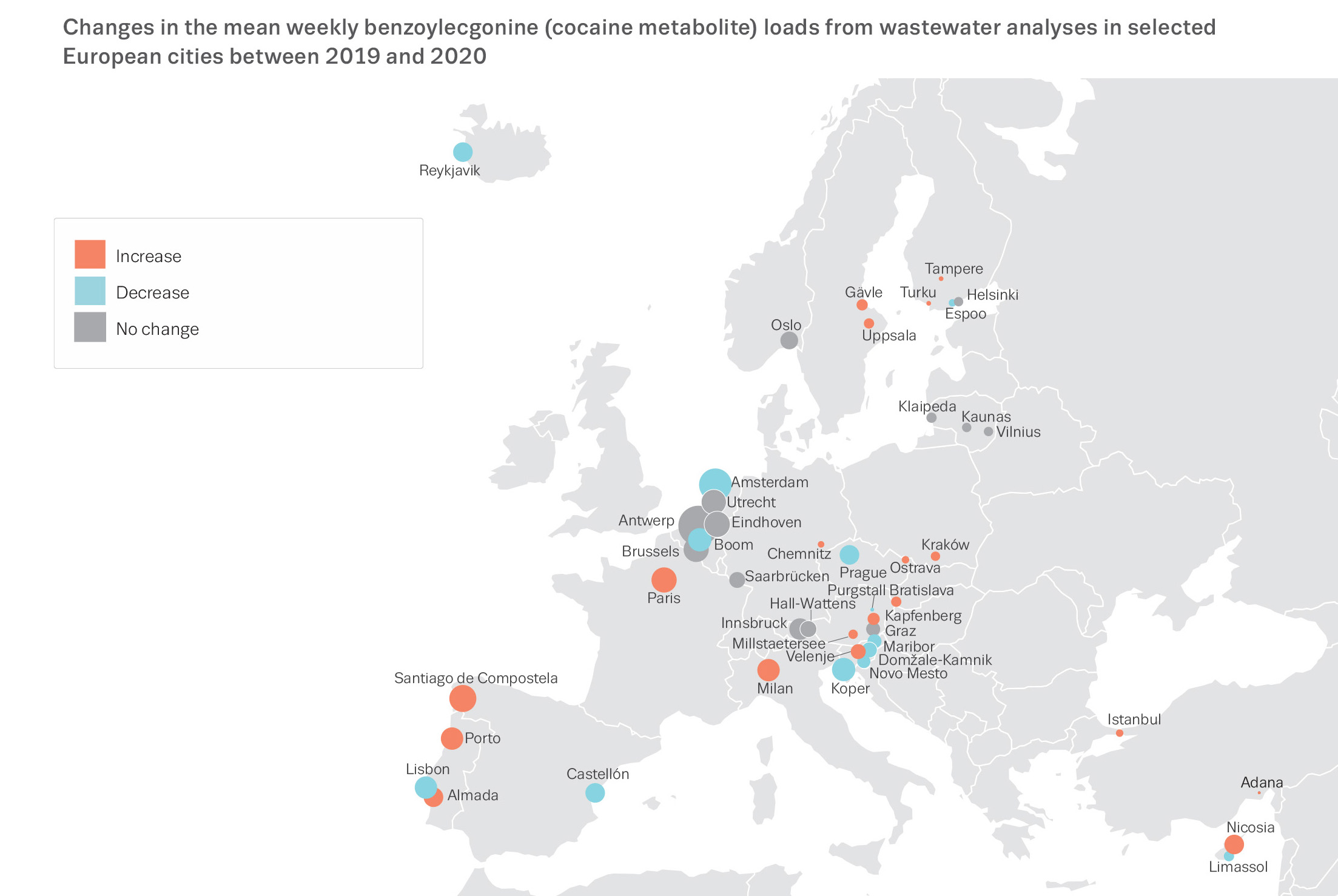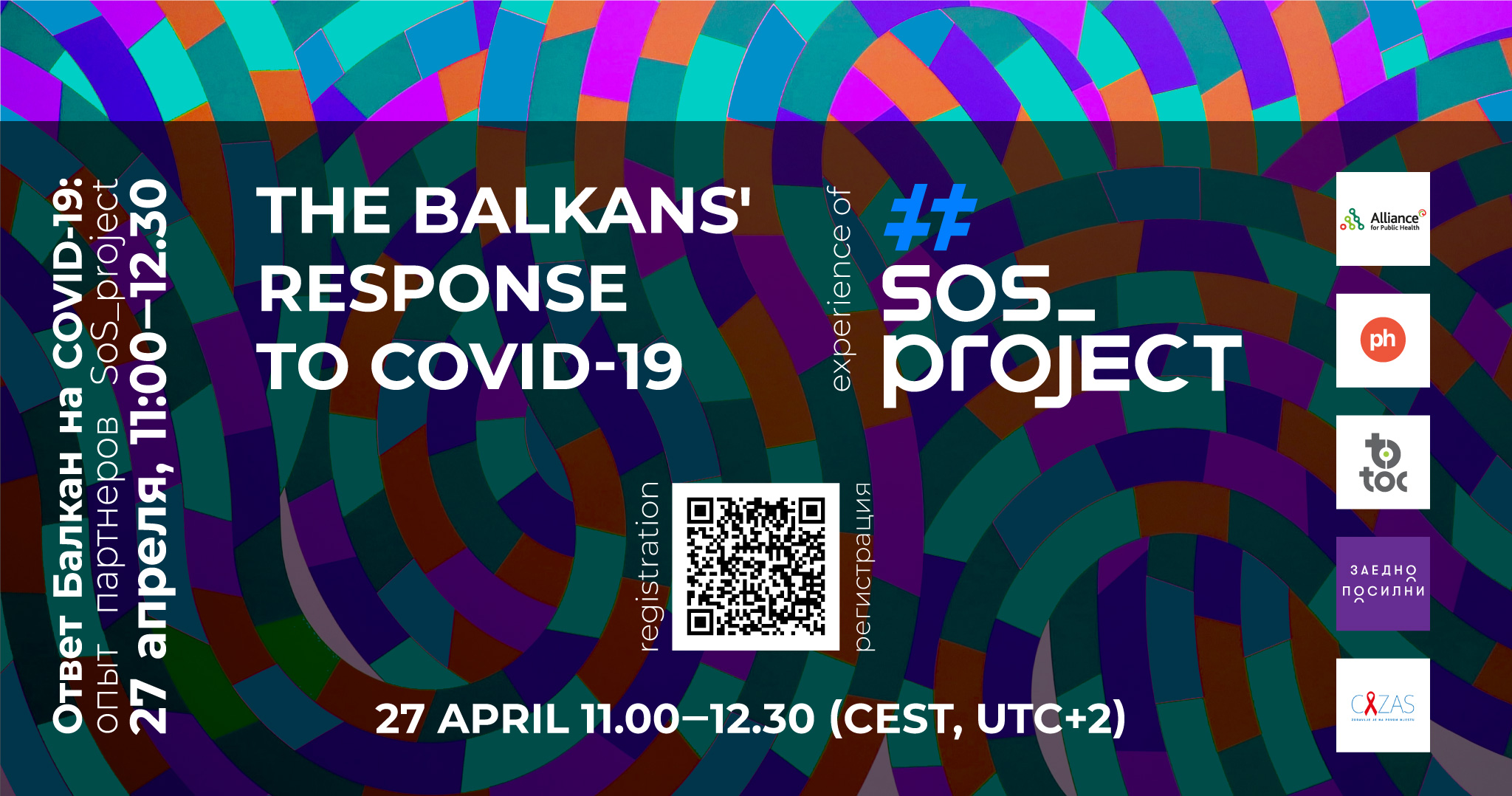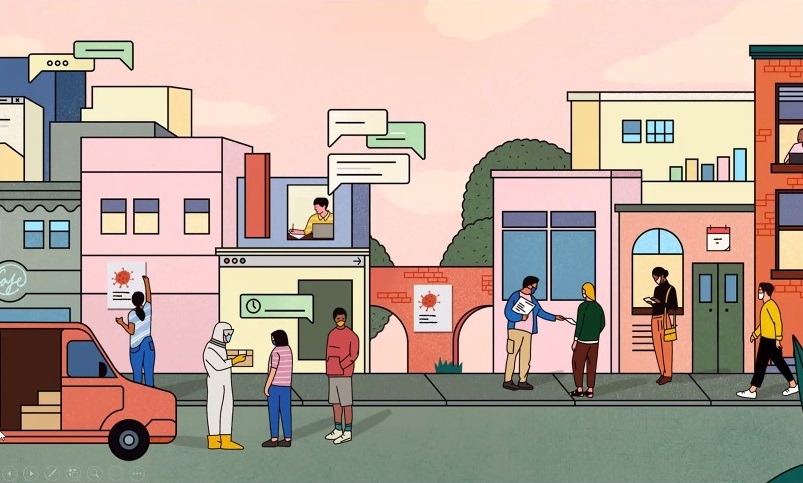From the EMCDDA, we have received an update regarding the 2021 European Drugs Summer School (EDSS) – organised by the University Institute of Lisbon (ISCTE-IUL) in cooperation with the EMCDDA – which will take place online from 28 June until 9 July.
The course prepares professionals and students to meet the complex policy and practice challenges in the field of drugs. Involving scientific experts from the EMCDDA, university professors and policymakers, they provide a multi-disciplinary and inclusive approach to the study of the drugs problem in Europe and beyond.
The two-week course will focus on Vulnerable groups. Sessions will include lectures on the prevention of drug-related problems; social determinants of drug use and interventions for vulnerable groups (homeless, prisoners, migrants). Virtual study visits will be organised to one of the Portuguese commissions for dissuasion as well as a local harm reduction centre. During the course, students will participate in interactive workshops to discuss their own projects and views. The course will conclude with an open debate with guest speakers, followed by an exam for those wishing to obtain credits.
Also this time, the EMCDDA-IPA7 project will provide for some limited bursaries to applicants from the Western Balkan countries
Interested candidates should register before 7 June next, directly at the ISCTE-IUL web site by using the blue ‘Register Now’ button. Successful candidates will be informed about their bursary acceptance during the week of 14-18 June 2021.
For more information, please follow this link>>>.







 To access the report, please
To access the report, please 


 Communities and other stakeholders are encouraged to participate in the process leading up to the HLM and in the meeting itself.
Communities and other stakeholders are encouraged to participate in the process leading up to the HLM and in the meeting itself. 


 Aiming to better understand and support the network to respond to these emerging challenges, especially with regard to advocacy for drug policy reform centred on human rights and public health, the IDPC Secretariat initiated a process of documenting and analysing the experiences of civil society and governmental actors working in the context of the COVID-19 pandemic.
Aiming to better understand and support the network to respond to these emerging challenges, especially with regard to advocacy for drug policy reform centred on human rights and public health, the IDPC Secretariat initiated a process of documenting and analysing the experiences of civil society and governmental actors working in the context of the COVID-19 pandemic.